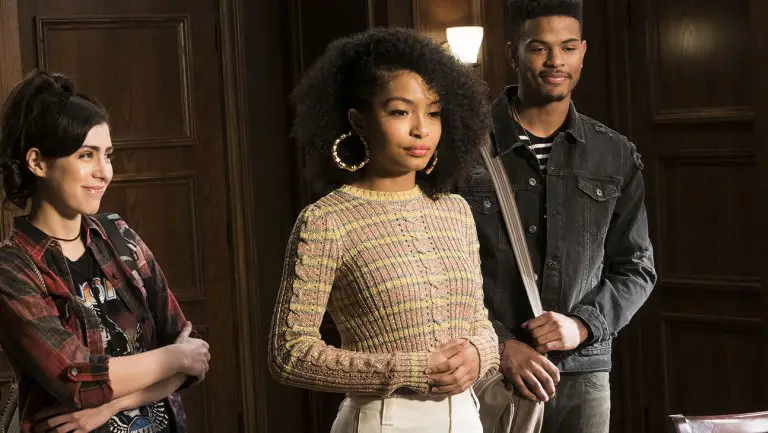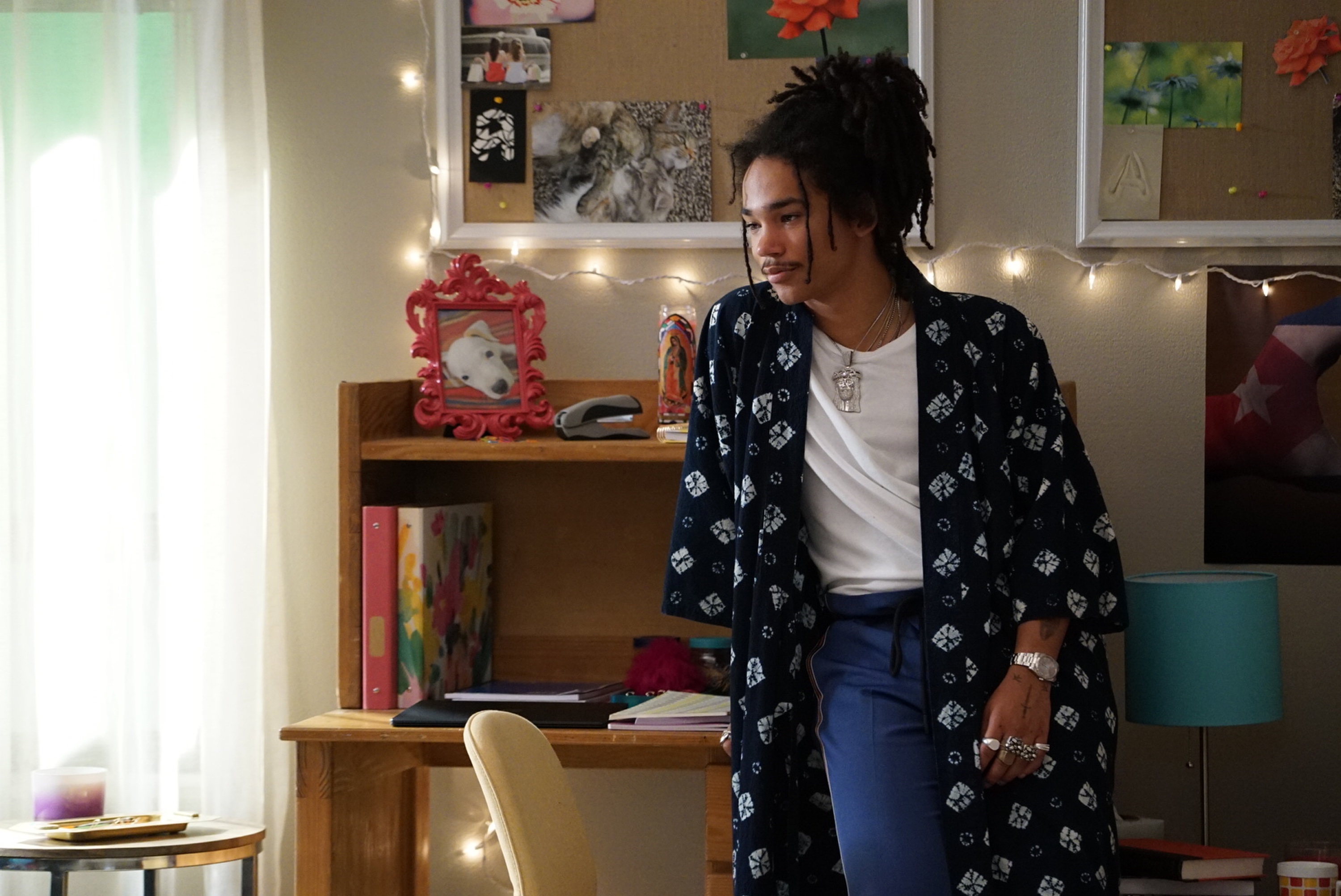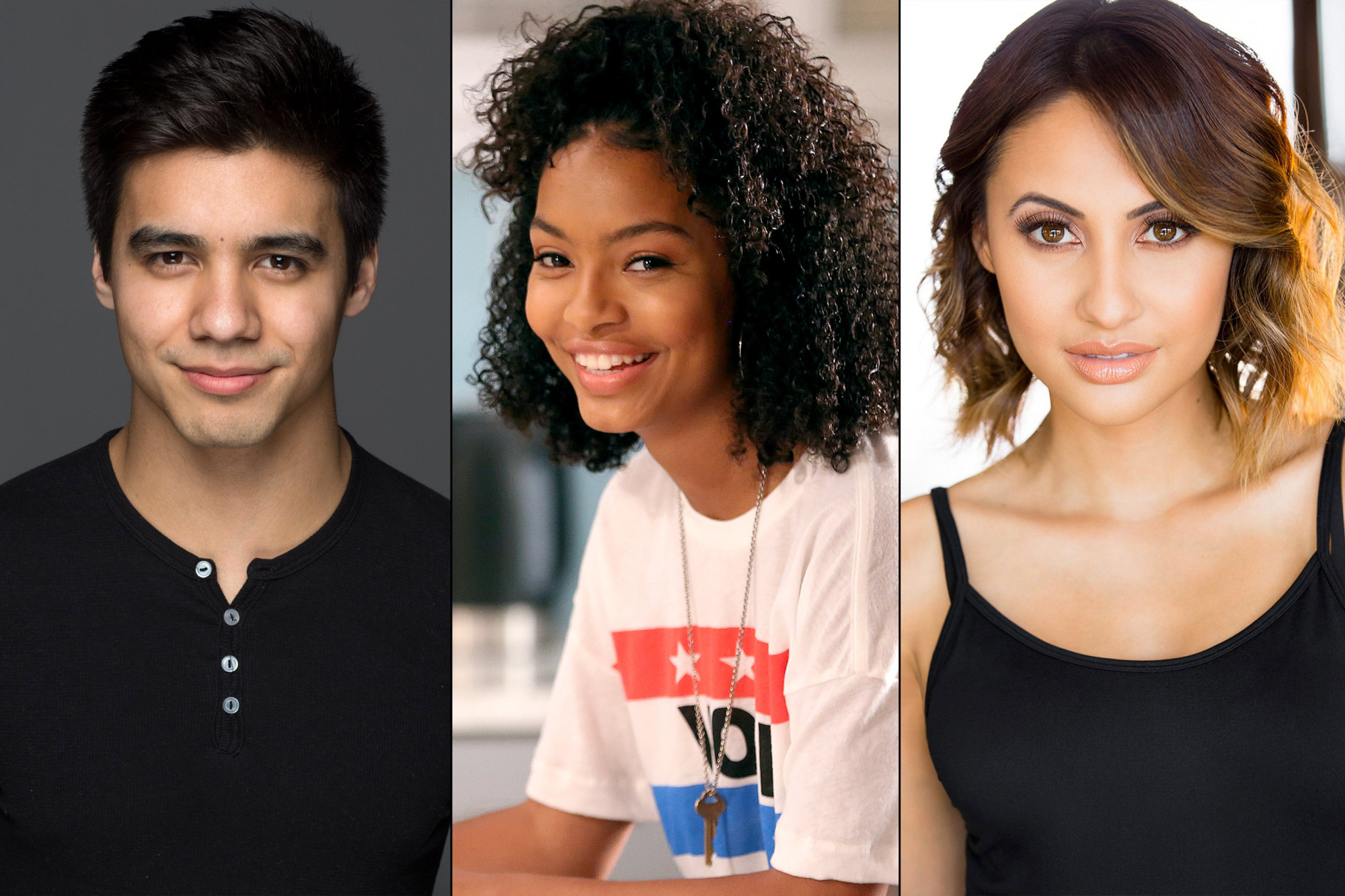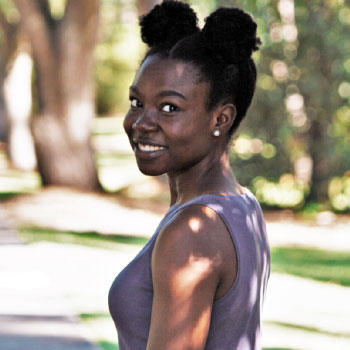Before the show aired, Freeform’s new series, “Grown-ish,” premiered a commercial of the six main characters in a classroom, dancing and whistling in a very breakfast club-esque scene. Naturally, as a viewer, I wondered: If the show is going to advertise or set the series on the premise of “The Breakfast Club,” can it actually live up to the hype?
A true comparison between the two relies heavily on characters; if “Grown-ish” properly replicates the memorable band of strangers from John Hughes’ Saturday detention, then perhaps the show can be called a modern-day “The Breakfast Club.” However, as there have been various renditions of “The Breakfast Club,” it will take more than mere character replication for “Grown-ish” to be a worthy successor.
The Princess
The princess of “Grown-ish” is, without a doubt, the easiest character to identify because she is none other than the naïve know-it-all, Zoey Johnson.

As the princess of the bunch, Zoey approaches freshman year with a veil over her eyes, claiming to know the ins and outs of college and imagining the next four years of her life will be, in her words, “dope.” Of course, the “Grown-ish” princess makes a few mistakes along the way, including leaving her new friend in a pool of vomit at their first ever wild college party, but the all-knowing young adult eventually turns into a steaming pot of guilt and self-hatred, ultimately boiling over by the end of the first episode.
It turns out, Zoey is, in fact, just a lamb wanting to play the role of an independent wolf, as most overzealous college freshmen are. Needless to say, the princess of “Grown-ish,” just like princess of “The Breakfast Club,” Claire Standish, is knocked down a few notches before she can realize who she truly is, or at least start down the right path to figuring it out.
The Athlete(s)
Another easy pair of characters to identify is the athletes. In “Grown-ish,” track stars Jazz and Sky Foster find themselves pressed to uphold the expectations of faculty, family, community and essentially their entire world.
Because the athlete is a character with a predictable storyline, it’s easy to make the connection between the characters of “Grown-ish” and actors of “The Breakfast Club.” In the case of the twins, the sweet darling track angels are, in fact, girls from the hood who are great at putting on a smile when needed, and, when the first emotional tell-all of the series happens, the two reveal they’d rather keep their façade than go back to the hood.
Unlike Zoey, the girls find comfort in their performance, yet, they unwind and shed the façade in this group of directionally-challenged young adults. In “The Breakfast Club,” I would dare say Andrew Clark found the same relief in detention and was able to simply be a teenager trying to get through the next few hours with as little repercussions as possible.
The Basketcase
The basketcase of “Grown-ish” is not a gothic, grunge-type character with an unapproachable demeanor, but rather a closeted young girl, who, ironically enough, is admired for her outspokenness and rebellious nature. As is the theme with most young adults, the “Grown-ish” basketcase is unable to express who she truly is to her family (spoiler alert: she’s bisexual); nonetheless, Zoey quickly befriends Nomi Segal, possibly because the basketcase possesses traits the princess lacks.
However, because this character is filling the role of the basketcase, there needs to be some baggage she carries with her, but it isn’t necessary to empty Nomi’s purse to discover what she’s hiding. Nomi fears her sexuality, if she were to be honest with family, would change the way they look at her — a fear she is not ready to address.
As the layers of the basketcase were pulled back in “The Breakfast Club,” the audience saw she wasn’t really a basketcase at all, rather she was just shy and misunderstood. Nomi, on the other hand, isn’t shy at all, but clearly misunderstood by her family, which is her biggest burden.
The Criminal
A tad bit more difficult to identify is the criminal of “Grown-ish,” but after three episodes, it’s safe to say the criminal in “Grown-ish” is the King of Thumb Rings, Luca Hall.

The criminal characters of Bender from “Breakfast Club” and Hall from “Grown-ish” stand out not because of criminal activities, but rather their dynamic with the princess. In the “Breakfast Club,” the criminal character was the one to call everyone out on their b.s., but he paid special attention to revealing the true nature of the princess.
Similarly, the “Grown-ish” delinquent challenges Zoey, and is probably the most confident in who he is. He doesn’t feel the need to be overly involved or vocal about any particular cause like Aaron (the brain), nor does he have hidden skeletons, like the others. The criminal is one that, as with “The Breakfast Club,” helps other characters grow and develop throughout the series.
The Brain(s)
The brain is split two ways in this series seeing as there are more characters than there are personalities to fill. In “Grown-ish,” there is the obvious brain, Aaron Jackson, a stand-up guy who is all about black power, and a character with whom the princess, in contrast with “The Breakfast Club,” is completely obsessed. My only qualm about the “Grown-ish” brain, in terms of comparing him to the original cast of “The Breakfast Club,” is that he seems flawless, which obviously can’t be true in a coming-of-age series. However, this brain analyzes everyone else rather than answers questions about himself.
The other side of the brain is the Drake-obsessed drug dealer, Vivek Shah, whose ambitions prevent him from becoming anything like his taxi-driving father. An academic with a great mind like Brain Johnson, Vivek struggles with his desire for acceptance and success, and is willing to do whatever it takes to fulfill his ambitions, even if it means selling drugs and taking every STEM class the college offers. In comparison to the 1985 film, Vivek better suits the brain character than Aaron.
If “Grown-ish” is aiming to be a modern-day rendition of “The Breakfast Club,” I’d say the series has a decent start. While there is variation in the characters, the traits and overall themes are the same: this is a group of young adults trying to figure out where they fit in and relying on each other to find the answers. The sense of community is present in both titles, but unlike “The Breakfast Club,” this band of strangers fit; their titles (princess, criminal, brain, etc.) are clear but much less absolute, which makes the characters in “Grown-ish” even more reliant on one another for character growth and development.

















